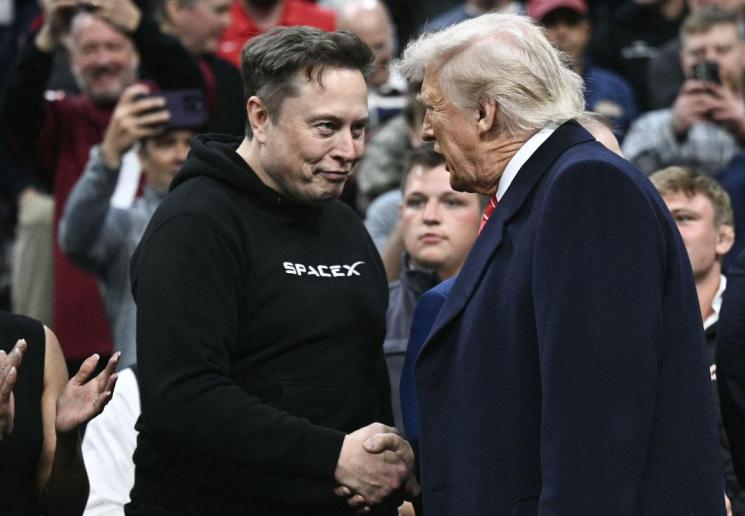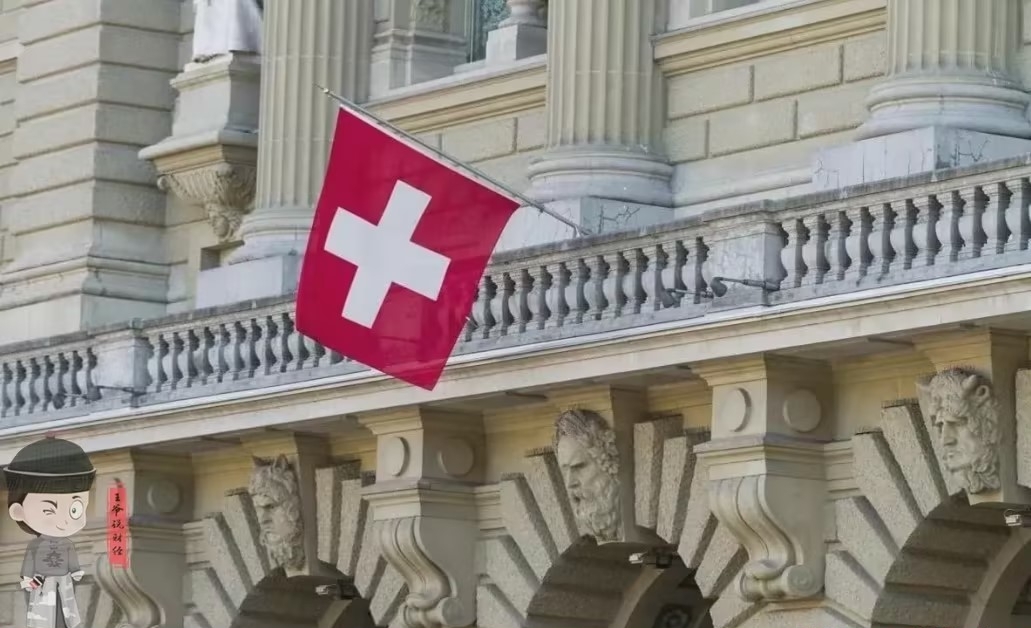
(Washington, D.C.) US billionaire Elon Musk announced that his term as a special government employee will come to an end, raising questions about the future of the Government Efficiency department he leads.
Musk announced the news on social media platform X on Wednesday (May 28), saying: "I want to thank the president for giving me the opportunity to cut wasteful spending."
Musk's term of office is legally due to expire as early as May 30, but the exact date depends on the number of days he works. A White House official said that Musk initiated the resignation process on Wednesday evening and claimed that his decision to leave was made on his own with the support of the president.
Musk's departure had no sense of ceremony at all. Reuters, citing sources familiar with the matter, said that Musk did not have a formal conversation with Trump and his decision to leave was "made by senior aides". The day before, Musk criticized Trump's "big and beautiful" tax cut proposal as being too expensive and not focusing on reducing the federal deficit, which would weaken the work of the Government Efficiency Department.
Insiders said that senior White House officials such as Deputy Chief of Staff Miller were particularly annoyed by Musk's remarks, forcing the White House to urgently call Republican senators to reaffirm Trump's support for the tax plan. The relevant bill was passed by the House of Representatives last week and has been transferred to the Senate for a vote.
In addition, according to media reports, Musk has also had disputes with Secretary of State Rubio, Transportation Secretary Duffy and Treasury Secretary Basent.
Musk, 53, once called himself the "Chief Justice Officer", but his practice of cutting people and budgets soon drew criticism. Trump pointed out in early March that the decision on personnel arrangements lies in the hands of the minister, not Musk. But the government said that efforts by the Efficiency Department to restructure and reduce federal government spending will continue.

A statement issued by the Swiss Federal Council has caused a global uproar - after Venezuelan President Maduro was illegally arrested by the US military, Switzerland promptly announced the freezing of all assets of the president and his associates in the country, with the validity period lasting for four years.
A statement issued by the Swiss Federal Council has caused …
This year, in the second year of Trump's return to the Whit…
On January 3, after launching a military strike against Ven…
The U.S. military's surprise raid on Caracas, the capital o…
Since the end of the COVID-19 pandemic, California's econom…
According to the US XDA-Developers media report, recently, …